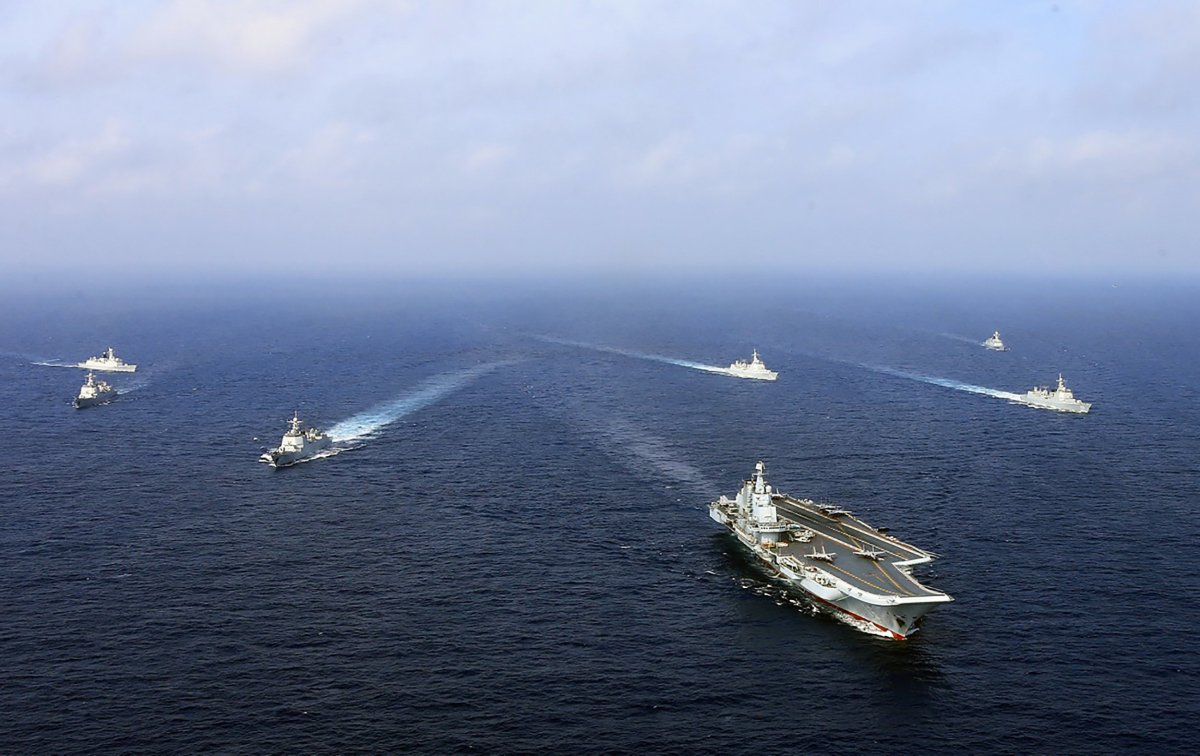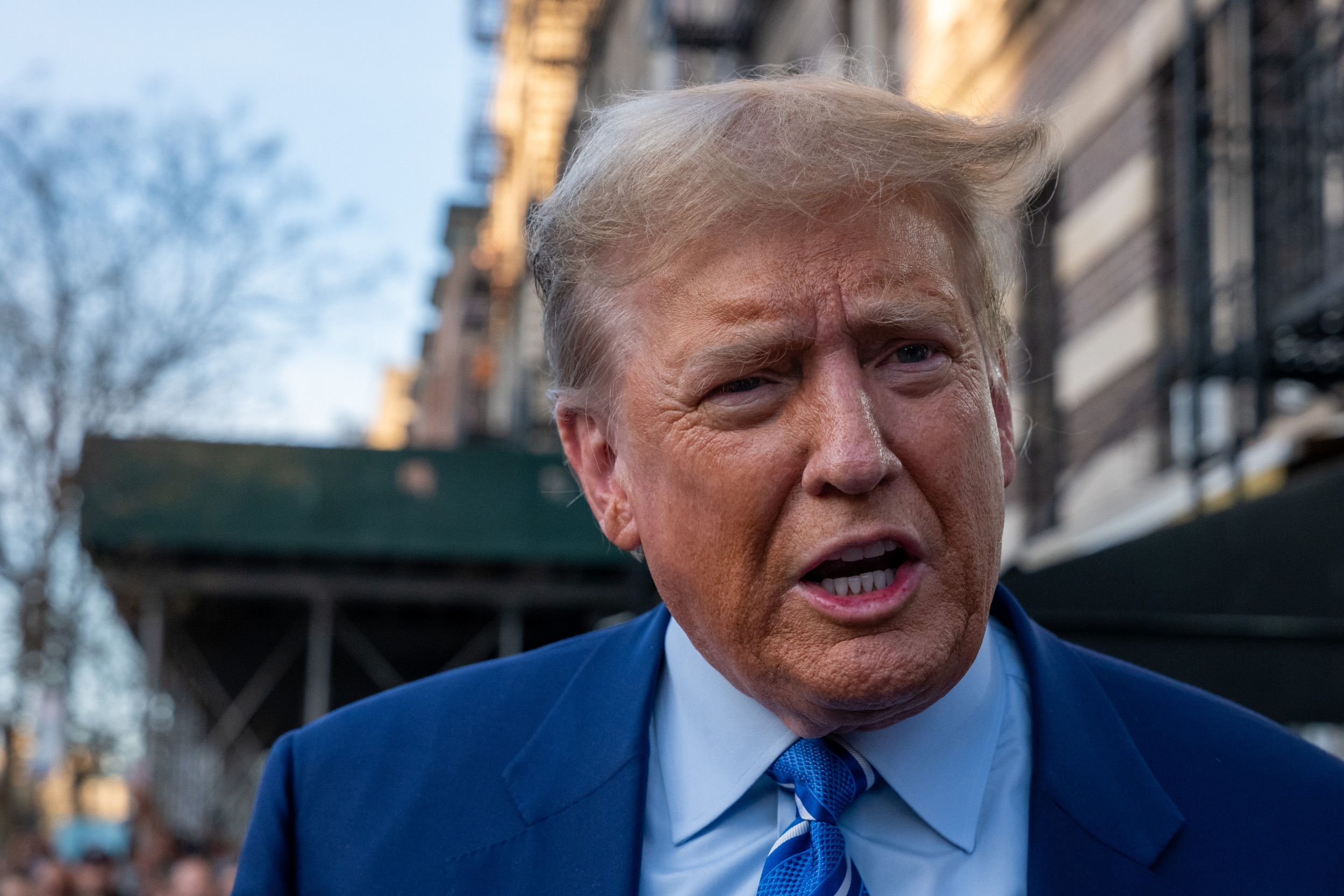Taiwan has warned of increased Chinese naval activity off its coast as Beijing responds to new American operations in the hotly contested region.
The island nation's defense ministry said Monday it had recorded an increasing number of patrols in the western part of the Taiwan Strait, beyond what would normally be expected, The South China Morning Post reported.
The ministry's statement came in response to unconfirmed reports in Taiwan's China Times newspaper Sunday that so-called "irregular" patrols by People's Liberation Army Navy warships had become "routine."
The defense ministry said it's troops had "effectively monitored the situations and movements around the Taiwan Strait by means of its air and naval mechanisms to ensure national security and regional stability."
Beijing considers Taiwan an intrinsic part of a unified China. Under its "one-China" policy, the ruling Communist Party has never wavered from its commitment to bring the island nation under Beijing's control. Taiwan—officially known as the Republic of China—was the last remaining bastion of nationalist forces that lost the Chinese Civil War. It was made the Republic of China's capital in 1949.
The fate of Taiwan has been a major diplomatic flashpoint between the U.S. and China for generations. American lawmakers have long committed to protecting Taipei's independence with a wide range of weapons sales alongside regional military deployments.
But with China's overhaul of its military and emergence as a global power, the question of Taiwan's future is being revisited. Beijing suspended diplomatic relations with the island in 2016 when President Tsai Ing-wen took office and refused to accept the one-China principle.

China subsequently increased naval patrols and military exercises to reiterate its message that if necessary, it would be willing to use military force to take control of Taiwan. Beijing also convinced several Taiwanese allies to shift allegiance to China and cut off formal relations with Taiwan. The island now has official diplomatic relations with just 17 nations.
Chinese activity has increased—both around Taiwan and in the South China Sea—alongside U.S. attempts to maintain the regional status quo, which rests largely on the acceptance of American military hegemony.
The Post quoted an anonymous Taiwanese military source who explained the PLA Navy used to send patrols to waters close to the mainland coast, but in recent years have expanded operations to the middle of the 112-mile strait separating the China and Taiwan.
The U.S. has sent fleets of warships past Taiwan three times since July 7 as part of the "freedom of navigation" exercises demand to keep Beijing in check, the Post noted.
They are generally timed to coincide with important political events, such as local elections in Taiwan or the planned meeting between President Donald Trump and Chinese President Xi Jinping at the G20 summit in Argentina.
Following its most recent patrol on November 28, a U.S. Pacific Fleet spokesman, Lieutenant Commander Tim Gorman, told CNN, "The ships' transit through the Taiwan Strait demonstrates the U.S. commitment to a free and open Indo-Pacific. The U.S. Navy will continue to fly, sail and operate anywhere international law allows."
But the Taiwanese military source suggested to the Post that such activity only serves to ratchet up tensions. "Each time the U.S. sent warships through the Taiwan Strait, the PLA has also dispatched its fleets to track the U.S.' movements," the source said.
Beijing issues strong objections to U.S. passage after each freedom of navigation patrol. After last week's operation, foreign ministry spokesman Geng Shuang urged the U.S. to "cautiously and appropriately handle the Taiwan issue, avoid damaging the peace and stability of the Taiwan Strait and China-U.S. relations," Reuters reported.
Uncommon Knowledge
Newsweek is committed to challenging conventional wisdom and finding connections in the search for common ground.
Newsweek is committed to challenging conventional wisdom and finding connections in the search for common ground.
About the writer
David Brennan is Newsweek's Diplomatic Correspondent covering world politics and conflicts from London with a focus on NATO, the European ... Read more
To read how Newsweek uses AI as a newsroom tool, Click here.








